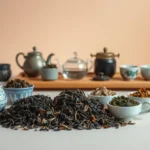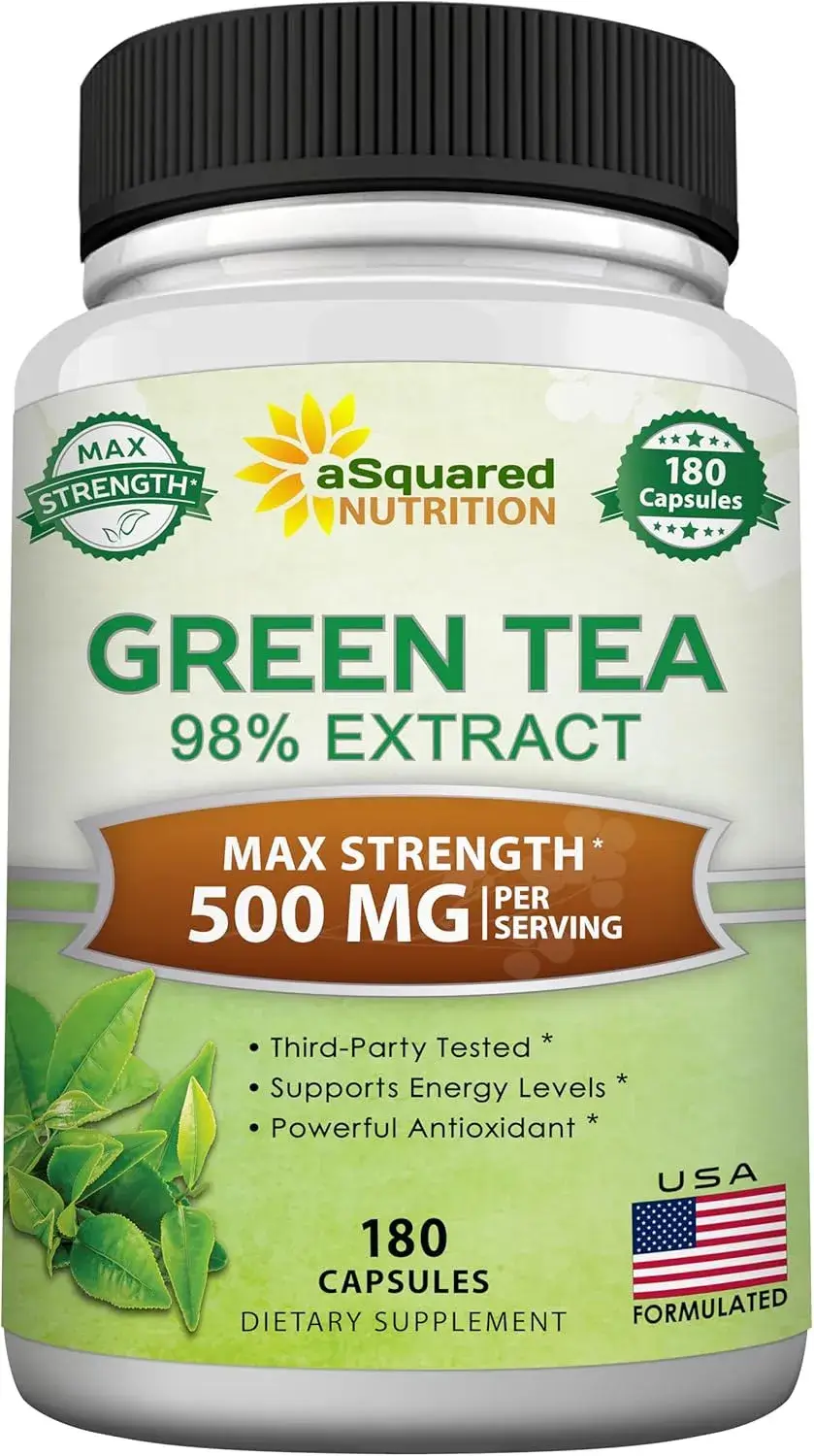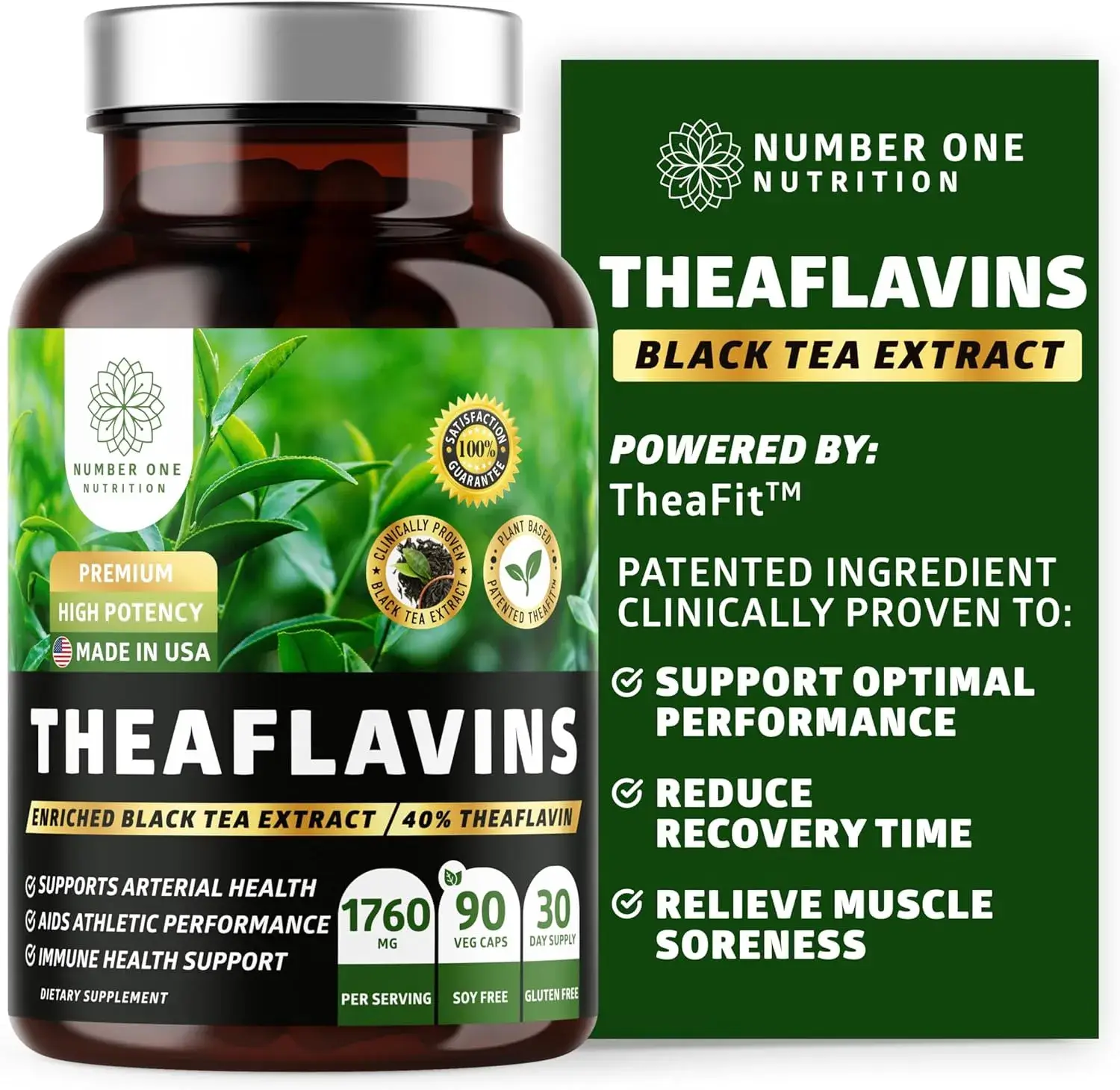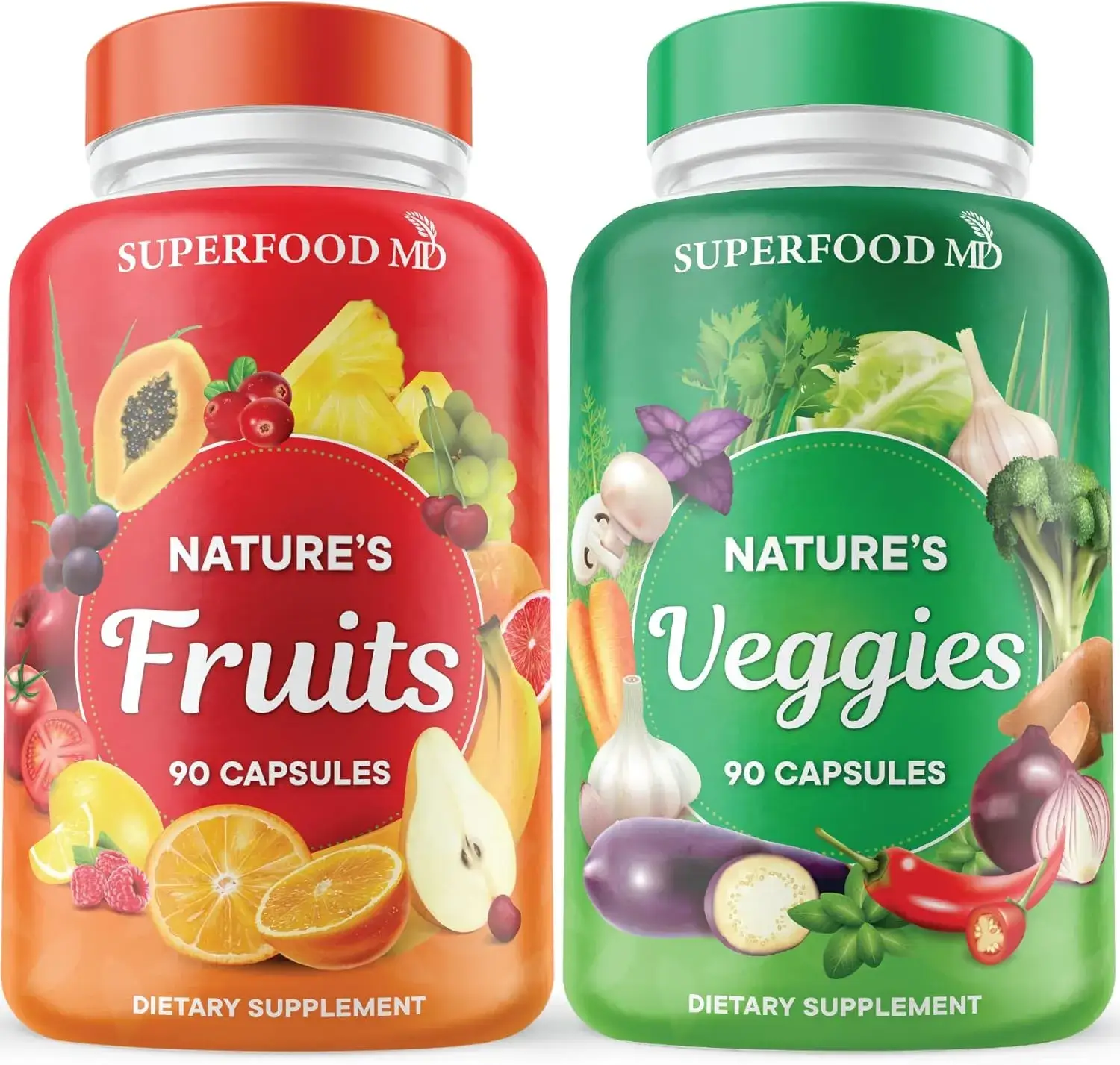Table of Contents
Is ginger tea good for acid reflux? If you’ve ever experienced that uncomfortable burning sensation in your chest, you’re certainly not alone. Small amounts of ginger may help reduce acid reflux in some people, though researchers note more studies are needed. In our search for relief, we often turn to natural remedies before prescription medications.
Ginger has gained attention as a potential ally against digestive discomfort. This root is rich in chemicals and antioxidants, specifically phenolic compounds that may reduce inflammation associated with acid reflux. In fact, ginger can decrease the likelihood of stomach acid flowing back into the esophagus. A 2023 review suggests that ginger may help with troublesome symptoms like heartburn, early fullness, and nausea. Throughout this article, we’ll examine what science actually says about using ginger for acid reflux, how it compares to other herbal teas for heartburn relief, and what you should know before incorporating it into your digestive health routine.
Understanding acid reflux and GERD
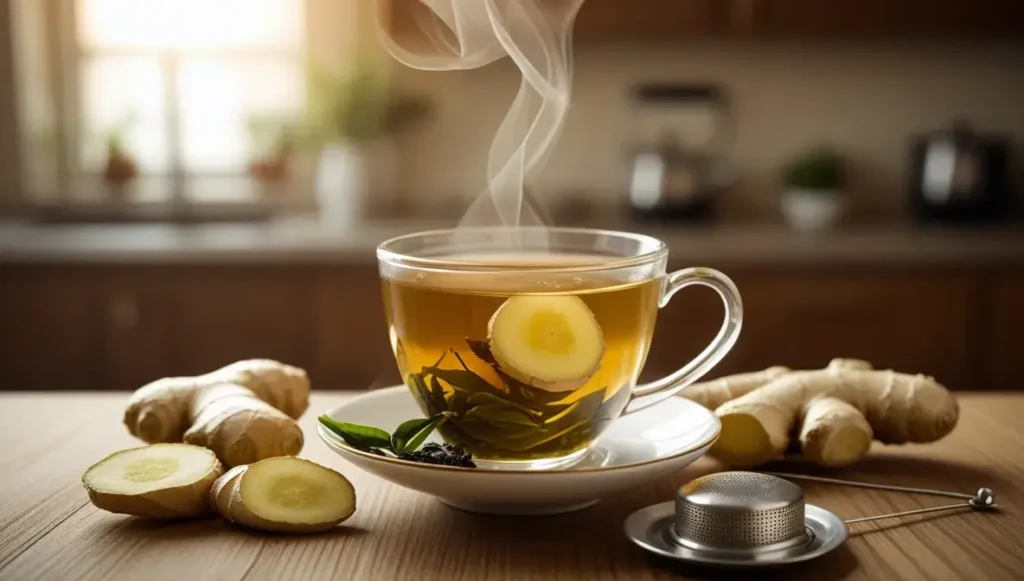
The uncomfortable burning sensation in your chest after a meal happens when your digestive system malfunctions. Let’s explore what’s happening inside your body during acid reflux and when it becomes something more serious.
What causes acid reflux
Acid reflux occurs when stomach contents flow backward into your esophagus, creating that familiar burning sensation. This happens primarily because of problems with the lower esophageal sphincter (LES), a ring-shaped muscle at the bottom of your esophagus. When this muscular valve weakens or relaxes inappropriately, it allows stomach acid to splash upward.
Several factors contribute to this unwanted backflow. A hiatal hernia, where part of your stomach pushes through your diaphragm, compromises your LES function. Pregnancy puts increased pressure on your abdomen while pregnancy hormones relax your muscles, making reflux more likely. Additionally, being overweight mirrors these effects by increasing abdominal pressure.
Other common triggers include smoking (which relaxes the LES), certain medications (like NSAIDs and some blood pressure medications), and dietary choices such as fatty foods, chocolate, coffee, and alcohol.
Difference between acid reflux and GERD
Although sometimes used interchangeably, acid reflux and GERD represent different points on the same spectrum. Occasional acid reflux happens to most people and typically isn’t cause for concern. Perhaps you experience it after a large meal or when lying down too soon after eating.
However, GERD (Gastroesophageal Reflux Disease) develops when acid reflux becomes chronic—occurring at least twice weekly for several weeks. While occasional reflux might feel uncomfortable, GERD is an actual disease that can damage your esophagus over time.
The key distinction lies in frequency, severity, and complications. With GERD, the reflux repeatedly exposes your esophagus to stomach acid. Unlike your stomach, your esophagus lacks protective lining against acid. Consequently, this ongoing irritation can lead to inflammation, ulcers, and even precancerous changes if untreated.
Common symptoms to watch for
Beyond the characteristic heartburn (burning sensation in the chest), both conditions share several symptoms. Regurgitation—that unpleasant sensation of food or liquid backing up into your throat or mouth—frequently accompanies acid reflux.
Other warning signs include:
- Bitter or sour taste in your mouth
- Chest pain (non-cardiac)
- Difficulty or pain when swallowing
- Chronic cough, hoarseness, or sore throat
- Sensation of a lump in your throat
- Nausea or bloating after eating
For GERD specifically, watch for symptoms that persist despite lifestyle changes or over-the-counter medications. Furthermore, seek medical attention immediately if you experience severe chest pain, difficulty swallowing, unexplained weight loss, or vomit that contains blood—these may indicate serious complications.
Understanding these conditions helps determine when to try remedies like ginger tea for acid reflux relief and when to consult a healthcare provider for more advanced treatment options.
👉 Experience the Superior Taste and Proven Benefits of Ginger Tea 👈
Why ginger tea is considered helpful

“Ginger exhibits a therapeutic effect on GERD and other gastrointestinal disorders because of its impacts on gastrointestinal motility, inflammation, and neurotransmitter function.” — Samota et al., Peer-reviewed research team, Journal of Natural Products
For centuries, traditional medicine practitioners have turned to ginger as a natural remedy for digestive troubles. This aromatic root contains potent compounds that might help those suffering from acid reflux symptoms. But what does modern research tell us about this ancient remedy?
How ginger calms the digestive tract
Ginger contains powerful bioactive compounds called gingerols and shogaols that possess impressive anti-inflammatory properties. These phenolic chemicals help reduce gastrointestinal inflammation and can decrease irritation throughout the digestive tract. Moreover, ginger promotes gastric motility—the natural movement of food through your digestive system.
One clinical trial demonstrated that ginger extract (100 mg twice daily, equivalent to 2g of rhizome) significantly increased gastrointestinal motility compared to placebo. This matters since impaired gastric emptying often contributes to indigestion and reflux symptoms. Indeed, ginger has been shown to accelerate gastric emptying and stimulate beneficial antral contractions in the stomach.
Additionally, research indicates ginger can:
- Decrease pressure on the lower esophageal sphincter
- Reduce bloating and cramping
- Prevent flatulence and indigestion
Ginger’s effect on stomach acid and nausea
Primarily known for its anti-nausea properties, ginger excels at calming digestive distress. Studies suggest that consuming up to 1 gram daily appears safe for treating pregnancy-related nausea. Accordingly, both the American College of Obstetricians and Gynecologists and the National Institute for Health and Clinical Excellence recognize ginger as a remedy for morning sickness.
Beyond nausea relief, ginger may help with acid-related symptoms through several mechanisms. It increases the rate at which your stomach empties its contents, alleviates intestinal cramps, prevents indigestion and bloating, and subsequently decreases pressure in your digestive tract—all factors that can ease acid reflux symptoms.
Is ginger tea good for acid reflux?
The evidence regarding ginger specifically for acid reflux presents a mixed picture. On one hand, small doses of ginger can reduce irritation of the digestive tract and may decrease the ability of stomach acid to flow back into the esophagus. A small study from 2019 noted that taking 1,650 mg of ginger daily for 14 days improved nausea, digestion, and reflux in patients with advanced cancer.
Conversely, some research indicates that consuming more than 6 grams of ginger daily may worsen acid reflux symptoms. Hence, moderation is key—about 4 grams (less than an eighth of a cup) appears to be a safe upper limit. Given that ginger can also relax the lower esophageal sphincter, which might contribute to acid reflux for some individuals, it’s best to monitor your personal response.
Ginger tea vs other herbal teas for heartburn

When looking beyond ginger for acid reflux relief, several other herbal teas offer unique benefits. Let’s examine how these alternatives compare to ginger’s digestive-calming properties.
Chamomile tea for heartburn
Chamomile tea provides gentle anti-inflammatory effects that support the digestive system. This floral brew creates a calming effect that helps reduce stress—a known trigger for acid reflux symptoms. Notably, chamomile may lower stomach acid levels and promote healing of the gut lining. Plus, it aids sleep quality, particularly valuable when nighttime heartburn interrupts rest. Yet, people with ragweed allergies should exercise caution, as chamomile might trigger allergic reactions.
Licorice and slippery elm tea
Deglycyrrhizinated licorice (DGL) increases mucus production in the digestive tract, creating a protective barrier against stomach acid. This coating effect helps soothe the esophageal lining and reduce acid-related irritation. Similarly, slippery elm contains mucilage that forms a gel-like coating over inflamed tissues. When mixed with water, this gel protects the gastrointestinal tract from acid erosion. Both herbs effectively calm inflammation, yet licorice should be used cautiously as excessive amounts may raise blood pressure.
Fennel and turmeric tea
Fennel tea reduces gastric contractions and relaxes digestive muscles, potentially preventing acid from flowing back into the esophagus. It traditionally alleviates bloating and gas while providing anti-inflammatory benefits. Turmeric, primarily through its active compound curcumin, offers potent anti-inflammatory properties. Research indicates it may protect the digestive tract from damage and actively work against ulcers. Nevertheless, some individuals report that turmeric occasionally worsens reflux symptoms due to its peppery qualities.
Best tea for acid reflux: how ginger compares
Ginger stands out primarily for its ability to ease gastric contractions while stimulating digestion and supporting gastric emptying. Alongside its anti-inflammatory properties, ginger specifically reduces the likelihood of stomach acid traveling upward. While all these herbal teas offer anti-inflammatory benefits, each works through different mechanisms. Chamomile excels at stress reduction, licorice and slippery elm provide protective coatings, fennel relaxes digestive muscles, and turmeric fights inflammation at its source. For overall effectiveness, ginger and chamomile are generally considered first-line herbal options for acid reflux sufferers.
👉 Refresh Your Senses with Elite, Proven Ginger Tea Perfection 👈
What to know before using ginger for GERD

“Taking more than 6 grams of ginger a day has been proven to cause gastrointestinal issues such as reflux, heartburn and diarrhea.” — UCLA Health Editorial Team, UCLA Health, leading academic medical center
Before adding ginger to your acid reflux management plan, understanding its limitations and proper use is essential. Scientific evidence offers important guidance that might save you from unwanted side effects.
Does ginger help with heartburn long-term?
Research on ginger’s long-term effectiveness for acid reflux remains inconclusive. Some studies suggest ginger may relieve gastrointestinal discomfort, yet other large-scale reviews indicate heartburn is often a common adverse effect of ginger—potentially worsening acid reflux symptoms. A 2022 systematic review pointed to possible GERD symptom improvement, primarily in pregnant individuals, though it included only two studies. Essentially, while ginger has been used as a folk remedy for heartburn for centuries, its long-term benefits lack solid scientific backing.
Is ginger ale good for acid reflux?
Contrary to popular belief, commercial ginger ale is unlikely to help with acid reflux. Most ginger sodas contain carbonation (which can trigger reflux), sometimes include caffeine, and typically don’t contain enough actual ginger to provide therapeutic benefits. For this reason, freshly prepared ginger tea represents a much better option than store-bought ginger ale.
How much ginger is too much?
Exceeding 4 grams of ginger daily may lead to gastrointestinal discomfort. For most people, the recommended daily maximum is 3-4 grams, while pregnant women should limit intake to 1 gram daily. Taking more than 6 grams in a day has been proven to cause reflux, heartburn, and diarrhea. Additionally, people with ulcers, heartburn, or existing reflux conditions should exercise caution with ginger.
What to drink for heartburn relief besides tea
Alongside properly prepared ginger tea, consider these alternatives:
- Low-fat milk (helps neutralize acid)
- Water (dilutes and clears stomach acid)
- Non-acidic fruit or vegetable juices
Those taking blood-thinning medications, heart disease patients, or pregnant women should consult healthcare providers before using ginger regularly.
Conclusion: Why Ginger Tea Might Be the Gentle, Proven Fix for Heartburn

Ginger tea offers promising benefits for those struggling with acid reflux symptoms, though moderation remains the golden rule. Throughout this article, we’ve seen how ginger’s anti-inflammatory properties and ability to enhance gastric motility make it a potential natural remedy worth considering. Still, evidence suggests keeping consumption between 1-4 grams daily, as exceeding this amount might actually trigger the very symptoms you’re trying to relieve.
Unlike commercial ginger ale, which contains minimal actual ginger plus problematic carbonation, freshly prepared ginger tea delivers therapeutic compounds directly to your digestive system. While ginger stands among several beneficial herbal options including chamomile, licorice, and fennel, each person responds differently to these remedies. Therefore, you might need to experiment cautiously to discover what works best for your specific symptoms.
Last but not least, certain individuals should approach ginger with caution. Pregnant women, people taking blood-thinning medications, and those with existing ulcers or heart conditions would benefit from consulting healthcare providers before making ginger a regular part of their reflux management plan. After all, natural doesn’t always mean risk-free for everyone.
Ultimately, while ginger tea shows promise as a complementary approach to managing acid reflux, we recommend viewing it as one tool among many rather than a miracle solution. Your best strategy combines thoughtful dietary choices, lifestyle adjustments, appropriate remedies like ginger tea when helpful, and professional medical guidance when symptoms persist despite these efforts.
👉 Unlock Breakthrough Comfort with Our Revolutionary Ginger Tea Blend 👈
Key Takeaways
Based on 2025 research, here’s what science reveals about using ginger tea for acid reflux relief:
• Ginger shows promise but requires moderation – Small amounts (1-4 grams daily) may reduce acid reflux symptoms through anti-inflammatory properties and improved gastric motility.
• Too much ginger backfires – Consuming more than 6 grams daily can actually worsen heartburn, reflux, and cause diarrhea, making dosage control crucial.
• Fresh ginger tea beats ginger ale – Commercial ginger sodas contain minimal therapeutic ginger plus problematic carbonation that can trigger reflux symptoms.
• Individual responses vary significantly – While some people find relief, others may experience worsened symptoms, especially those with existing ulcers or heart conditions.
• Consult healthcare providers first – Pregnant women, people on blood thinners, or those with heart disease should seek medical guidance before regular ginger use.
While ginger tea offers a natural approach to managing acid reflux, it works best as part of a comprehensive strategy that includes dietary changes, lifestyle modifications, and professional medical care when symptoms persist.
FAQs
Q1. Is ginger tea effective for treating acid reflux? Ginger tea may help reduce acid reflux symptoms in some people due to its anti-inflammatory properties and ability to enhance gastric motility. However, its effectiveness can vary among individuals, and moderation is key to avoid potential side effects.
Q2. How much ginger tea is safe to consume for acid reflux relief? The recommended daily intake of ginger for acid reflux relief is between 1-4 grams. Consuming more than 6 grams per day may actually worsen symptoms, so it’s important to stay within the safe range.
Q3. Can ginger ale help with acid reflux? Commercial ginger ale is not recommended for acid reflux relief. Most ginger sodas contain minimal actual ginger, plus carbonation and sometimes caffeine, which can trigger reflux symptoms. Freshly prepared ginger tea is a better option.
Q4. How does ginger tea compare to other herbal teas for heartburn? Ginger tea is considered one of the more effective herbal options for acid reflux, alongside chamomile. While other teas like licorice, slippery elm, and fennel offer benefits, ginger stands out for its ability to ease gastric contractions and support digestion.
Q5. Are there any risks associated with using ginger for acid reflux? While ginger can be beneficial, it’s not suitable for everyone. People with ulcers, existing heartburn conditions, or those taking blood-thinning medications should exercise caution. Pregnant women should limit intake to 1 gram daily and consult with their healthcare provider before regular use.







